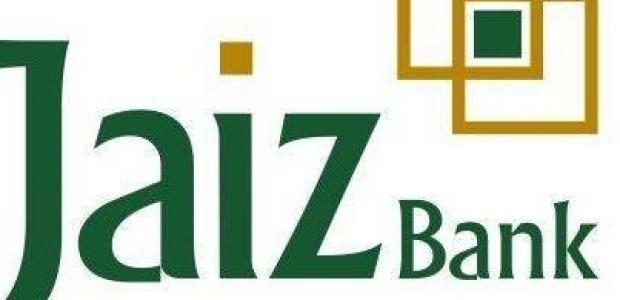Riding on its first-mover advantages, Jaiz Bank Plc holds 62% of Islamic banking assets in Nigeria, according to Fitch Ratings’ recent release which also adds that the non-interest bank boosted profitability with greater cost efficiency.
The non-interest banking is faced with fresh moves by competing banks to increase their market share strongly by more capital input at the time when rival peer TAJBank indicates interest in a national banking license, Lotus and Sterling Banks are developing their non-interest banking offerings.
In the rating note, Fitch Ratings affirmed Jaiz Bank Plc.’s Long-Term Issuer Default Rating (IDR) at ‘B-‘ with a stable outlook and Viability Rating (VR) at ‘b-‘. The global rating firm also upgraded the Bank’s National Long-Term Rating to ‘BBB+ (nga)’ from ‘BBB (nga)’.
It explained that Jaiz Bank’s IDRs are driven by its standalone creditworthiness, as expressed by its VR of ‘b-‘, which reflects the concentration of the bank’s operations within Nigeria’s challenging operating environment, small but evolving franchise.
The rating underscores Jaiz Bank’s high credit concentrations, aggressive financing and balance sheet growth that is expected to continue over the medium term and financing quality weaknesses.
It also reflects healthy profitability, reasonable capitalisation and comfortable liquidity coverage. Jaiz Bank’s VR is one notch below the ‘b’ implied VR, reflecting the business profile constraint, according to Fitch.
The bank’s National Ratings reflect its creditworthiness relative to that of other issuers in Nigeria and are driven by its standalone strength. The rating note explained that the upgrade of Jaiz Bank’s National Long-Term Rating reflects improvements in the bank’s profitability and capitalisation.
Jaiz Bank was the first fully-fledged non-interest or Islamic banking Islamic institution established in Nigeria. It has a leading Islamic finance franchise in Nigeria, representing 62% of NIB sector assets at the end of the financial year 2021.
However, its market share remains small relative to the wider banking system, representing just 0.5% of banking system assets in 2021. Nigerian top Islamic banking operators focused on strong financing and balance sheet growth in pursuit of market share, which creates seasoning risks, according to the rating note.
Fitch believes that the largest shareholders are committed to supporting strong growth through further capital injections though it runs the risk of high single borrower concentration. According to the rating note, single-borrower credit concentration is high, with the 20 largest customer exposures representing 37% of gross financing assets and 193% of Fitch core capital at the end of 2021.
Oil and gas exposure which accounted for 11% of financing assets at end-2021 is moderate by domestic standards, including limited exposure to the riskier upstream segment. Agriculture exposure is considered high by domestic standards and considered reflective of a higher appetite for risk.
Jaiz Bank’s impaired financing ratio declined to 7.7% at the end of the first quarter of 2022 from 11.4% at the of the financial year 2020, primarily as a result of strong financing growth.
It was noted that loan loss allowance coverage of impaired financing which printed at 52% in the first quarter has improved and Fitch considers it adequate in view of collateral held and recovery prospects.
Operating returns on risk-weighted assets (RWA) was a healthy 5.1% in 2021, underpinned by a wide net interest margin, which reflects the highest asset yield in the market and a low cost of funding.
Profitability has notably improved in recent years as a result of greater cost efficiency. Jaiz Bank is among the highest in the sector, supported by a low RWA density, benefiting from an Islamic bank-specific alpha factor of 50%.
The rating note added that the bank’s strong pre-impairment operating profit provides a sizeable buffer to absorb impairment charges without affecting its capital.
It noted that Jaiz Bank’s funding profile is dominated by a high percentage of current and savings accounts at 85% of customer deposits in 2021 and particularly high deposits from individuals (61%), supporting funding stability and low funding costs.
Culled from dmarketforces.com

Call:
Sandra - 07069148333
Pauline - 08174374150
Scholastica - 09060678434













